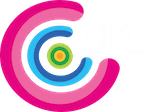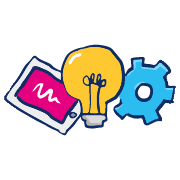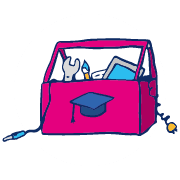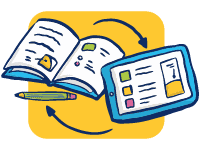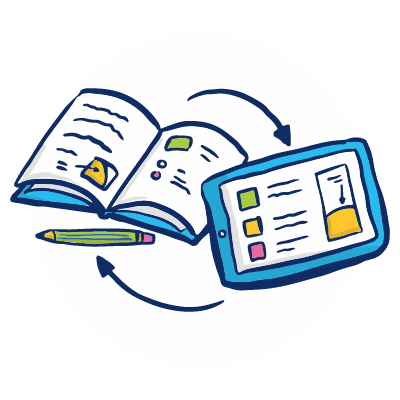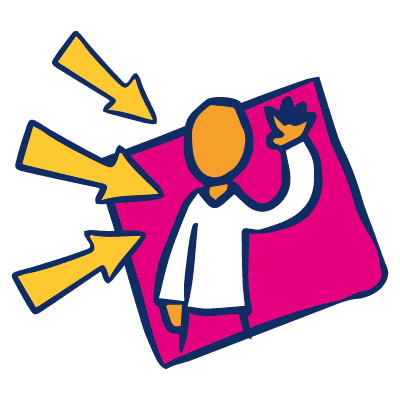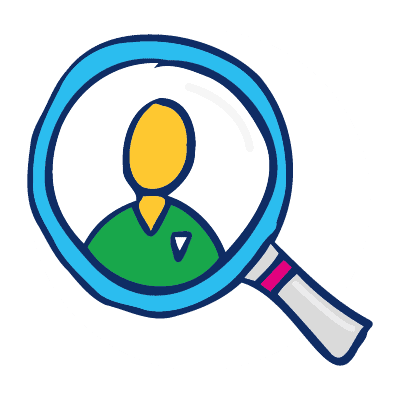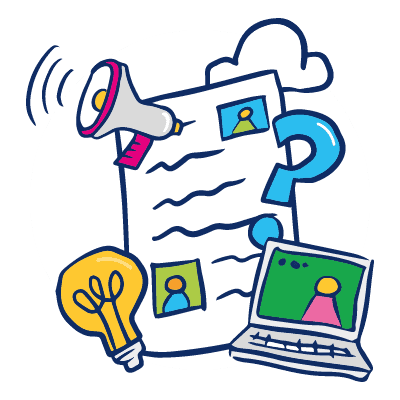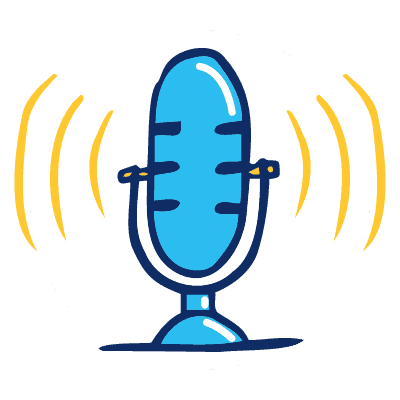Artificial intelligence and personalised learning in the classroom is a hot topic. London CLC’s Peter Lillington and Rowan Roberts introduce the issues as they embark on a European project to explore its complexities.
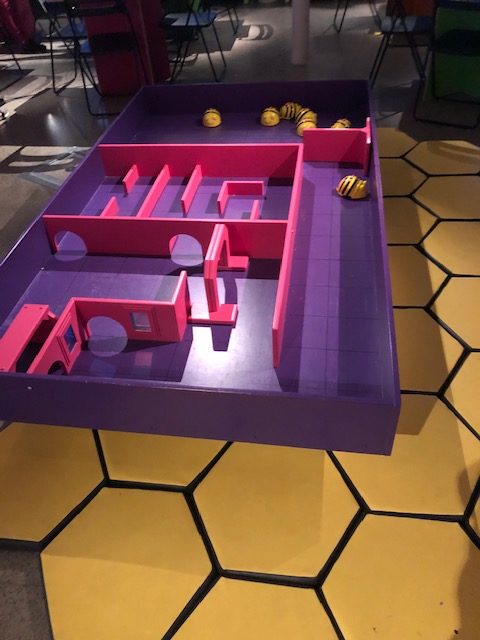
From robots replacing teachers to chatbots in the school office, artificial intelligence (AI) in education is a hot topic. It’s also a controversial topic, with both fears and hopes for this emerging technology at an equally high pitch. We’re looking to cut through some of the noise at both ends of the spectrum through a new Erasmus+ project, Empower2 Learn.
Empower2 Learn is considering the benefits of technology for personalising learning and will include machine learning and artificial intelligence alongside other digital tools. For example, through our involvement in the Rosendale Primary research school ReflectED project around metacognition we know that tools such as the Seesaw platform can have beneficial impacts in personalising learning.
We recently embarked on the first stage of the project and had meetings with our project partners from four other countries. They include two universities in Belgium and the Netherlands. We are also working with the Swedish municipal department of education in Norrköping, with whom we have links from our existing Erasmus project Co-think, which is entering its final phase, and Arnhem CLC from the Netherlands who visited us during the Bett show 2018.
Will robots replace teachers?
Early research suggests that although some teachers may fear that AI is a way to replace teachers in the classroom, this is unlikely to be the case. There is certainly evidence that
this technology can be good at some aspects of teaching or functions that support a teacher and with impacts beneficial to learners.
Examples of such technology currently in use include Mindspark for maths learning and Whizz education in the UK and Kenya. AI and big data have also been used to evaluate the impact of CPD on school integration of technology, such as in the case of Profuturo in Brazil.
IBM’s WATSON AI has been used to support (older) students with queries not directly related to teaching and learning such as assignment due dates and timetabling of classes. In that case, queries that couldn’t be answered by the system’s data training on forum posts were passed on to a real teacher to answer. There are also systems available to grade essays through pattern matching around certain criteria – again, where there is any doubt, reference is made to a real marker.
Augmenting human teachers
However, what is becoming clear is that, despite the very big advances of the last ten years, artificial intelligence cannot currently and perhaps may never fully be able to replace the more multifaceted intelligence and skill set of a teacher.
As Neil Selwyn points out in his interesting book Should Robots Replace Teachers, what needs to be considered carefully is that the systems are only as good as the data that they analyse. They are not so capable of weighing up factors dependent upon context, whether social or otherwise (eg has a child had enough to eat, are they sleepy or upset because of a family event).
He identifies five ways that a human teacher can support learning that cannot be fully replicated through technology:
- Human teachers have learnt what they know so can empathise with learners (who benefit from the teacher’s memory of learning)
- Human teachers can make cognitive connections by putting themselves in a learner’s shoes
- Human teachers can make social connections- there is a mutual obligation between teachers and learners; teachers use interpersonal skillsHuman teachers can think out loud, adjusting to audience reaction
- Human teachers perform with their whole bodies, including moving around a room
Starting points
Within Empower2Learn London CLC is responsible for coordinating an initial literature review with the aim of saving educators’ time and providing some pointers for those who would like to learn a little more about the potential of this area. There will also be a CPD element further down the line and a toolkit for teachers and educators.
From our very early look at some recent papers and updates in this area we are keen to highlight resources recently published by the Educate team at UCL, which come in a graphic form as well as a report for those who have time to read it. There are three posters:
Is Artificial Intelligence intelligent?
What is the future of AI in education?
We plan to introduce some of you to these helpful AI and machine learning posters at our Computing Conference next week (there is still a chance to book – email hello@londonclc.org.uk). We’ll be talking through them and finding out what you think.
Digital competencies
While at our start-up meeting in Norrköping we were able to hear from Linda Mannila, a Finnish academic who now works in Sweden and is one of our project partners. She gave an interesting introduction to significant changes in the Swedish and Finnish education systems, with a particular focus on digital competencies for pupils and staff.
We and our European Partners value the 2017 DigiCompEdu (European Framework for the Digital Competence of Educators) and it is one of the more recent frameworks for digital competencies that have appeared across the world – we’ll particularly be focusing on Area 5: Empowering learners using digital technologies to enhance inclusion, personalisation and learners’ active engagement.
This is broken down into:
5.1 Accessibility and Inclusion;
5.2 Differentiation and personalisation
5.3 Actively engaging learners

We also had a visit to local primary school Oxel Bergsskolan and heard of some of their challenges but also successes in how they have supported staff in adopting G Suite. They had two interested and knowledgeable staff acting as champions, to show examples and support in various ways and making use of an impressive range of other digital platforms and tools. In a lesson we observed pupils in small groups sound recording strategies for calculation to demonstrate thinking to their teacher. We were also given a demonstration of the platform www.studi.se which has the ability to translate on the fly and has given some Arabic-speaking pupils more direct access to the Swedish curriculum (it can translate a variety of languages).
After an inspiring week we are now turning our attention to the first intellectual output of this project, which is a review of current research and practice in this area. So far this has been a great opportunity for members of the London CLC team to learn and think deeply about an aspect of technology that promises to play a major part in the learning experiences of the pupils of the present and the future.
